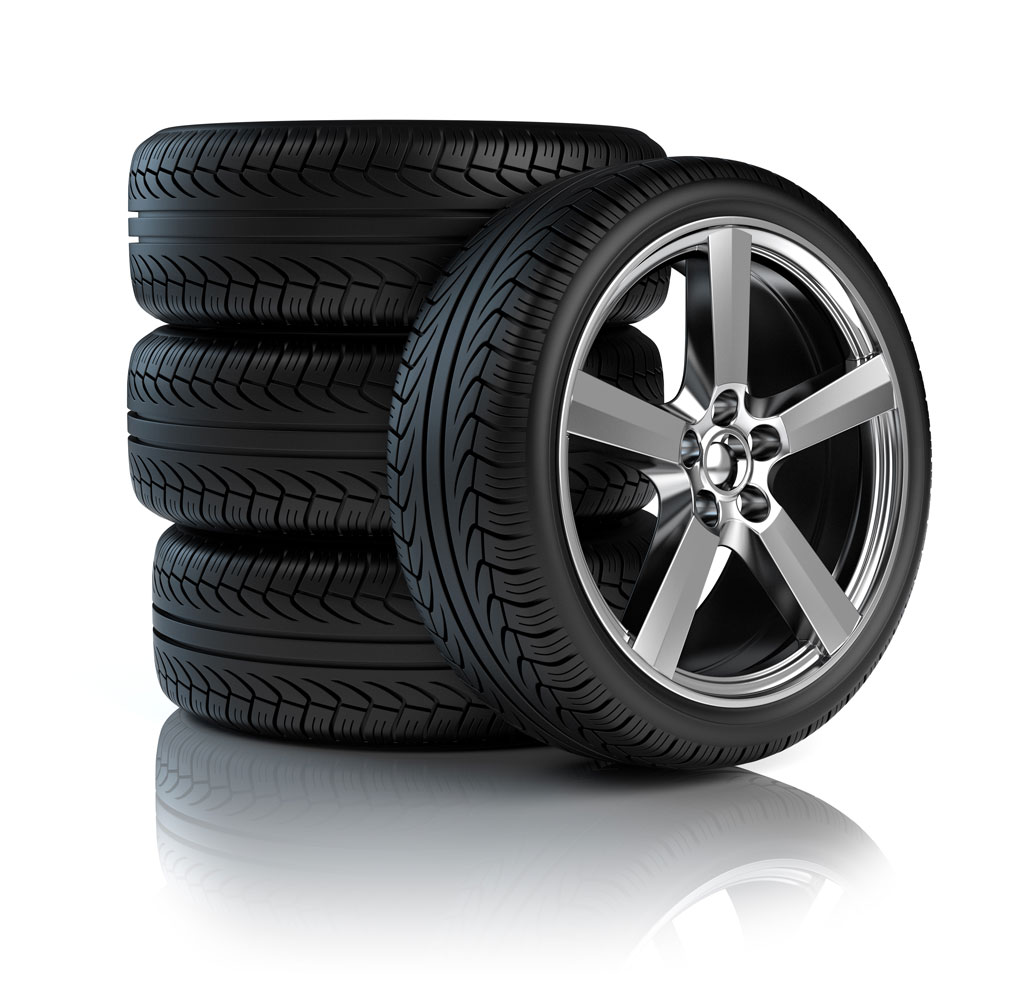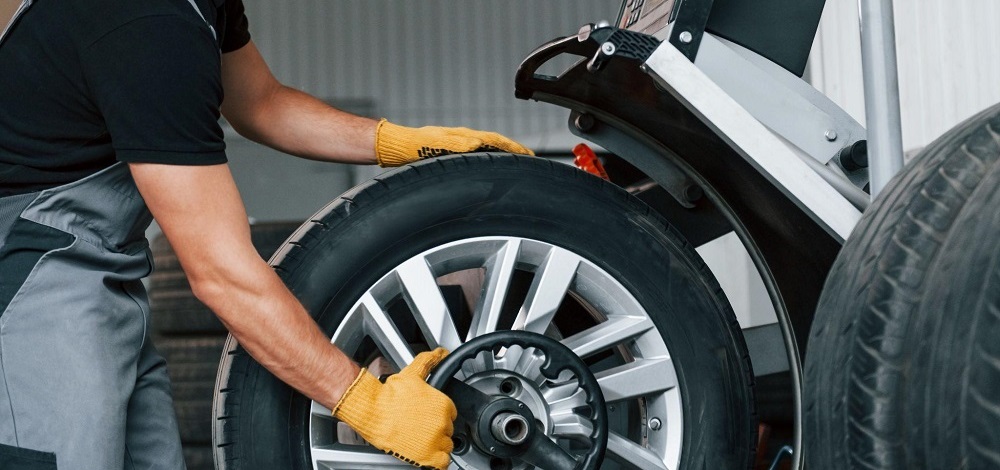Maintain Rolling Smoothly: GMC Tires Service by Morris Tires
Wiki Article
Tire Solution: The Impact of Climate Condition
When it comes to ensuring ideal performance and safety on the road, comprehending the influence of climate conditions on tire solution is vital. GMC Tire Service. In this conversation, we will certainly explore the complex partnership between weather condition problems and tire service, shedding light on the importance of weather-specific tire upkeep techniques and considerations.Warmth and Tire Performance
When subjected to heats, tires experience modifications in performance that can significantly affect automobile security and handling. The heat created from long term driving or heat conditions causes the tire rubber to soften, leading to minimized walk life and increased wear. As the rubber comes to be softer, the tire's grip on the road diminishes, influencing braking distances and overall grip. In extreme situations, excessive warm can even trigger tire blowouts, posing a serious security risk to the automobile and its occupants.
Cold Weather Condition Results
Cold climate problems can have a considerable effect on tire efficiency and safety. As temperature levels decrease, tire rubber can solidify, resulting in lowered grip on icy or snow-covered roads. In cool weather condition, tires may additionally lose atmospheric pressure extra rapidly, which can affect dealing with and gas effectiveness. Furthermore, cool temperature levels can cause tire sidewalls to stiffen, increasing the danger of damage from splits or other road risks.To minimize the results of winter on tires, it is essential to regularly check tire stress and inflate them to the maker's recommended levels. Utilizing winter or all-season tires created for cool weather condition problems can likewise boost grip and grip on icy or snowy roads. Appropriate tire upkeep, consisting of normal inspections for wear and damage, comes to be much more vital during chillier months to make certain optimum efficiency and security.
Rainy Conditions Influence
Throughout wet conditions, tire performance and safety and security can be dramatically influenced by the wet road surfaces and lowered exposure. The walk pattern of tires plays a vital duty in maintaining traction on wet roads. Tires with damaged treads are extra vulnerable to hydroplaning, where a layer of water accumulates in between the roadway and the tire surface, resulting in loss of traction. To combat this, drivers must on a regular basis examine their tires for adequate step depth and think about spending in tires specifically created for damp problems.Moreover, wet weather can also decrease exposure, making it testing for chauffeurs to see the roadway in advance clearly (GMC Tire Service). In such conditions, it is vital to adjust driving speeds as necessary and preserve a risk-free adhering to range to permit sudden quits. Properly filled with air tires can additionally aid in maintaining control on wet roads by giving far better handling and grasp
Snow and Tire Security
Snow-covered roadways position unique difficulties for vehicle drivers, stressing the significance of proper tire option and upkeep. When driving in snowy conditions, having the right tires can make a significant distinction in safety and efficiency. Winter tires are developed with unique rubber substances and tread patterns to supply better grip on snow and ice compared to all-season tires. The deeper treads and sipes of wintertime tires help read more grasp the road better, minimizing the risk of gliding and slipping.
It is crucial to adhere to producer directions when setting up and utilizing tire chains to prevent damages to the tires and automobile. By choosing the appropriate tires, keeping appropriate inflation, and taking into consideration added traction aids like tire chains, vehicle drivers can improve their security when browsing snow-covered roads.
Weather-Related Tire Upkeep
Weather-related tire upkeep includes a variety of methods aimed at ensuring optimum tire function and longevity in various weather condition scenarios. One crucial aspect of weather-related tire maintenance is tire pressure guideline. Examining tire step regularly and changing tires when walk wear reaches a specific depth is essential for keeping grip and stability in unfavorable weather.
Verdict
Finally, climate condition have a substantial effect on tire performance and safety and security. From warm influencing tire stress and wear to winter lowering traction, it is vital to take into consideration the weather condition when preserving and making use of tires. Stormy conditions can lower hold and bring about hydroplaning, while snow can enhance the threat of accidents if tires are not effectively outfitted. Weather-related tire maintenance is critical in making sure optimum performance and safety when traveling.In this discussion, we will check out the detailed connection between weather conditions and tire solution, dropping additional hints light on the value of weather-specific tire maintenance techniques and factors to consider.

Report this wiki page